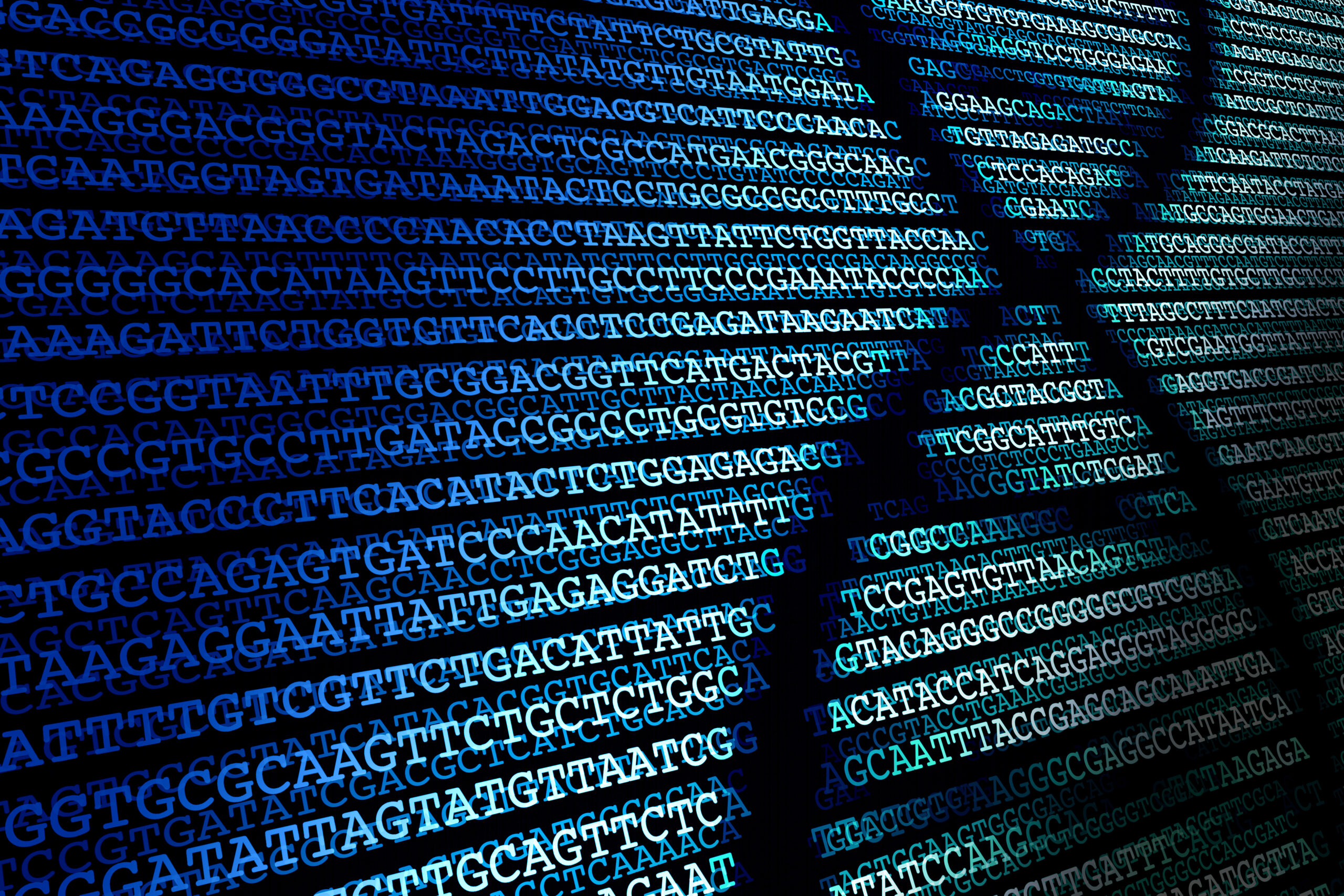When we think about evolution, we think about features and characteristics that humans have gained to differentiate us from other animal species. At the DNA level evolution refers to changes, additions, or deletions of sequences that create new functions, which allow an organism to survive better in its environment. As research into human evolution has continued, information on sequences humans have lost has become a primary area of focus. A recent study from Yale University has shed light on how lost DNA sequences in humans further drove our evolution from primates.
Human specific deletions in conserved regions (hCONDELs) refer to regions of the genome where DNA has been deleted in the human genome but is conserved in other animal species. Following the identification of over 10,000 pieces of genetic information lost in the human genome, researchers have been further investigating the functions of these deleted regions and their connection to human evolution.
Further investigation into the human genome has shown that over time, the deletion of key regions in the human genome has driven evolution, which deviates from the way evolution has traditionally been thought of.
Image Source: janiecbros
The researchers found that identified hCONDELs were predominantly linked to pathways that impact neuronal and cognitive development in the brain. The researchers further reintroduced deleted conserved sequences from chimpanzees into human cells to help characterize hCONDEL sequences. Many of these hCONDELs either served to repress or enhance various neurodevelopmental pathways changing the way that the human brain develops. Furthermore, more deletions were found to impact the cell differentiation process of neurons leading to the formation of different neuron types.
Human evolution of the brain and our advanced cognitive abilities, especially in the frontal cortex of the brain, is one of the key features that separates us from other primates. As more research on hCONDELs emerges, a new hypothesis is emerging. It is thought that the deletions of these conserved sequences are a driving factor of brain development and differentiation leading to higher cognitive capacities in humans.
As DNA sequencing technology continues to advance, scientists are learning more about the human genome. The ability to compare DNA from different species is further shaping the way that scientists think about evolution as they work to uncover the secrets from the past.
Featured Image Source: enzozo










